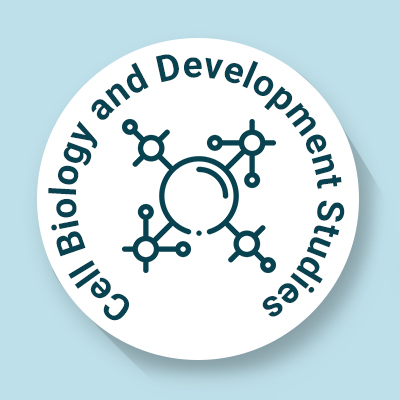Aneuploidy
Aneuploidy is a genetic disorder in which the overall count of chromosomes is not 46. If there is an additional chromosome copy (trisomy), you will have 47 chromosomes. A chromosome copy is missing (monosomy), so you will own 45. Any alteration in the chromosome count could influence the result of a pregnancy. An additional or missing chromosome often leads to various genetic disorders. Aneuploidy occurs during cell division when chromosomes cannot separate accurately between the two daughter cells. Aneuploidy mainly arises from the non-disjunction of chromosomes, meaning that homologous chromosomes or sister chromatids fail to separate during cellular or nuclear division. Errors in chromosome segregation primarily arise from irregular kinetochore connections to the mitotic spindle microtubules, issues with kinetochore, tubulin, and chromosome proteins, and problems in spindle assembly checkpoint (SAC) function. The two primary forms of aneuploidy are Trisomy and Monosomy. Trisomy happens when an individual has an additional copy of the chromosome. A baby trisomy possesses 47 chromosomes, while monosomy is when an individual lacks one copy of the chromosome, and their overall chromosome total amounts to 45. A frequent condition caused by monosomy is Turner syndrome. Fatal aneuploidy and chromosomal conditions affect approximately 1 in 150 pregnancies and account for around 50% of early pregnancy loss. By employing contemporary cytogenetic techniques, researchers have recently understood the beginnings of Aneuploidy. It has been discovered that aneuploid gametes are generated at high frequencies during human meiosis, with only a few aneuploid embryos surviving. A significant amount of focus is currently directed towards understanding how particular imbalances in gene expression result in the severe phenotypes linked to aneuploid conditions, like Down syndrome, focusing ultimately on creating therapeutic solutions. It is not possible to stop aneuploidy from happening. However, you can lessen the chance of having a child with birth defects by taking a balanced diet, undergoing genetic screening before planning pregnancy, avoiding smoking and alcohol, and taking prenatal vitamins.

